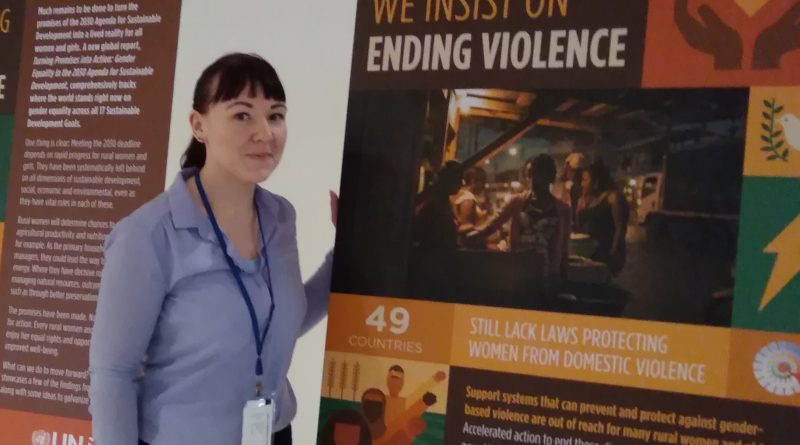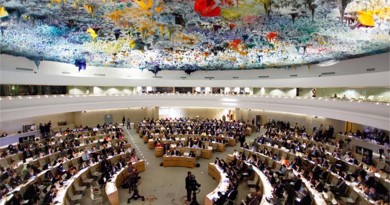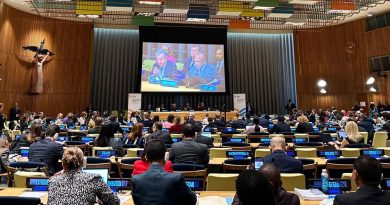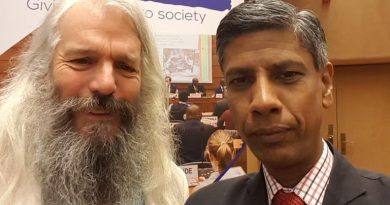Nonkilling at the 2018 UN Commission on the Status of Women
The annual Commission on the Status of Women met for the 62th time in United Nations’ HQ in New York from 12th to 23rd of March 2018. This year’s priority theme concentrated on challenges and opportunities in achieving gender equality and the empowerment of rural women and girls, whereas the review theme focused on women’s participation and access to media. Elina Viitasaari represented the Center for Global Nonkilling on this high level event by following the general discussion by the Commission and by participating around 40 different side and parallel events out of almost 700 events total. A written statement by CGNK drafted by Elina was also submitted to CSW62 with the title “Women’s role in rural killing-free societies: decreasing gender-based violence through women empowerment” and that can be downloaded in the UN document system.
The status of women concerning gender-based violence this past year has both depressing and hopeful contents. The Executive Director for UN Women, Phumzile Mlambo-Ngcuka, stated during the Opening Ceremony that progress towards gender equality has been moving backwards. Most often the progress feels and seems slow, yet within the movement #MeToo has been able to bring key issues of gender-based violence, particularly sexual harassment, into the discussion in an exceptional and revolutional way, making the subject strongly present throughout the whole CSW62.
Women have been silenced by the threat of violence or even death, not only when it comes to sharing experiences of being a victim of violence but in a general discussion as well. It has been noticed that women are less likely to participate in online discussions, since the hate speech is often gendered and therefore women are targeted in harsher ways compared to men. Another problematic field, where women have been silenced – often lethal ways – is journalism. Several women journalists have been murdered in recent years without further investigations, leaving both their deaths and their work uncovered and unjustified. Women being silenced is not only dangerous on an individual level but also affects the functioning of democratic societies as a whole. The importance of violence prevention programs, women’s education and employment, abolishment of gender-discriminating laws, and women’s participation in decision making and politics are some key points that the Center for Global Nonkilling emphasized in its submission and side-interventions during CSW62.




